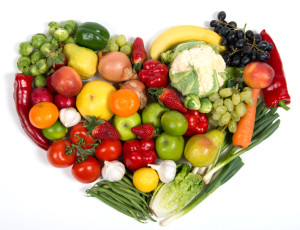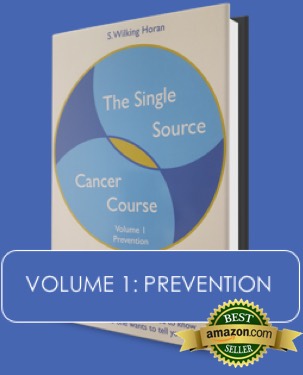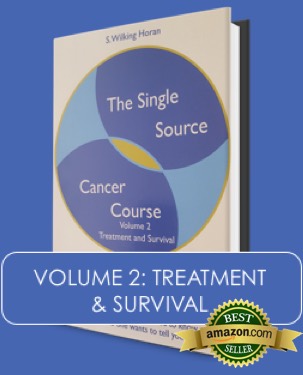 Welcome to WHAT’S ON THE #MENU MONDAY everyone! Boy, there’s a lot of talk about organic food these days — and rightly so! Produce that once was only available in limited portions, in limited stores and in limited areas of the country is now available almost everywhere!
Welcome to WHAT’S ON THE #MENU MONDAY everyone! Boy, there’s a lot of talk about organic food these days — and rightly so! Produce that once was only available in limited portions, in limited stores and in limited areas of the country is now available almost everywhere!
But, what exactly is organic?? As we discussed in Volume 2 of the SSCC, this is a deceptively simple question! So, let’s break it down. Technically, organic is defined as “pertaining to or derived from living organisms.” In general, such foods have been produced without the use of pesticides, artificial fertilizers, preservatives, hormones or antibiotics. In addition, organic farming typically utilizes methods such as crop rotation, rotational grazing, intercropping, plant and animal waste recycling, tilling and natural mineral soil additives to promote biological diversity and ecological balance! Whew!
OK,OK — that’s all well and good — but this is the question most of us want to ask – is organic really better for us AND is it worth the additional cost??
So today, in the first installment of a FIVE PART SERIES on organics — and limiting our discussion to produce — let’s answer these two questions — as simply as possible — based upon current information.
IS ORGANIC BETTER FOR US?
To begin, this is a question that requires a TWO-PRONG answer — the first of which involves pesticides — for one of the biggest differences between organic and non-organic produce is the use of pesticides. Organic produce is grown with none or very little — non-organic is grown with more. Pesticides are used to protect produce from bug infestations AND to insure a longer shelf life.
Simply put, pesticides aren’t good for us. And even though research doesn’t always agree on the level of harm they may cause, we really don’t want to ingest them. Furthermore, even when produce is washed carefully it is not always possible to remove all pesticide residue — otherwise known as “obesogens.” This stuff is toxic. So, of course, we want to avoid it if possible. As a result, purchasing organic produce for this reason alone makes sense.
Now, the second prong of our answer relates to nutritional value — is organic produce better for us?? Does it have more vitamins and minerals?? Unfortunately, the jury is still out on this one. Some studies say yes, some say no. Some insist that the nutritional value of — for example, an orange — will always be the same. But, look at it this way…
We know that over time produce loses its punch. The longer it sits on a grocery shelf, the less nutrition it retains. Look at it like stale food. And, we know that produce farmed with pesticides will be on the shelf longer because pesticides increase shelf life. On the other hand, organically farmed produce grown without pesticides will not last on the shelf — so we know that organic produce will be fresher — and possibly more nutritious as a result of that freshness.
Besides — and here’s the really good thing — fresh always tastes better! And, this is another great reason to buy organic!
So, to review — organic produce is good because:
1) It’s grown with little or no pesticides which results in less harm to us;
2) It will probably be fresher and, therefore, possibly more nutritious, and;
3) It will taste better based upon its freshness!
IS ORGANIC WORTH THE COST?
This is one of those questions that everyone will have to answer for her or himself. Organically grown produce is more expensive because the lack of pesticides can result in greater crop losses and smaller yields. There’s simply less to go around.
But, remember the health benefits — and balance that with the amount you’re willing to pay for great produce — and peace of mind.
And by the way, it’s not necessary to purchase organic produce all the time!
So, this is where we’ll pick up next week — with a list of the vegetables you should always purchase organic! And until then everyone, EAT WELL and BE WELL!
TAKE THE COURSE AND TAKE CHARGE!



Leave a Comment